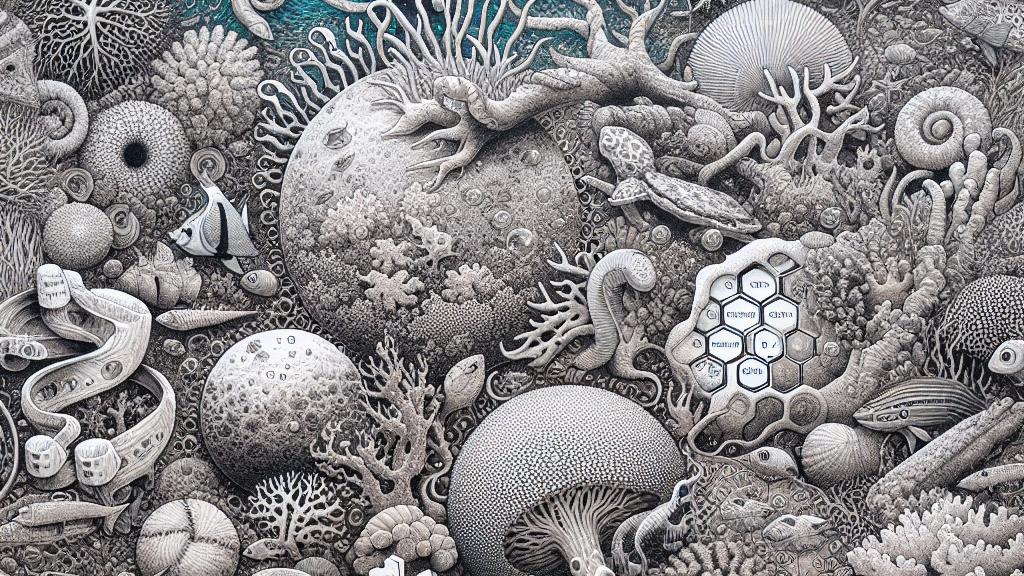Correction on Global Climate Change Trends in Ocean Ecology Indicators
Overview
- Major update reveals a decrease in reported ocean color trends due to data errors.
- Currently, 40% of ocean areas show significant ecological changes at a 95% confidence level.
- Understanding these marine ecosystems is essential for effective climate change mitigation.

Overview of the Correction
In a recent correction published by the prestigious journal Nature in the UK, scientists have revealed critical updates concerning the climate change trends in ocean ecology. Originally, researchers asserted that a remarkable 56% of the ocean exhibited noticeable color trends linked to environmental changes. However, upon revisiting their analysis, they found serious inaccuracies, reducing that estimate to just 40% at a robust 95% confidence level. These miscalculations originated from using faulty covariance matrix elements and overlooking vital ocean wave bands. Such revisions do not merely refine the data; they substantially enrich our broader understanding of how climate change intricately weaves into the fabric of marine ecosystems.
The Impact of Climate Change on Marine Ecosystems
This correction sheds light on the profound impacts of climate change on marine ecosystems, which are more than just passive victims; they are dynamic participants in the global environment. For example, take coral reefs, often called the 'rainforests of the sea.' They are not only irreplaceable biodiversity hotspots but also crucial for carbon cycling. The ongoing coral bleaching crisis, driven by rising sea temperatures, illustrates the urgent need for comprehensive conservation strategies. Additionally, coastal ecosystems like mangroves and salt marshes provide critical protective services, acting as buffers against storm surges while capturing carbon dioxide from the atmosphere. Their decline could lead to disastrous ecological and economic repercussions, impacting countless species and human communities alike.
Future Directions and Considerations
Looking ahead, it becomes imperative to deepen our inquiry into these interconnected ocean ecosystems and the climate dynamics that influence them. Leading research institutions like MIT are developing innovative models that encapsulate the complexities of biogeochemical processes occurring within our oceans. By harnessing cutting-edge technologies, such as satellite imagery and advanced data analytics, scientists can track intricate changes in real-time and forecast potential ecological outcomes. For instance, these models allow researchers to visualize the nuances of how environmental stressors impact specific marine species or habitats. Thus, as we unravel the mysteries of these ecosystems, we can devise effective conservation strategies that not only safeguard marine life but also bolster our resilience against the challenges posed by climate change. A thorough understanding of these vital systems will equip us to take action and ensure that future generations inherit a healthy and thriving ocean.

Loading...